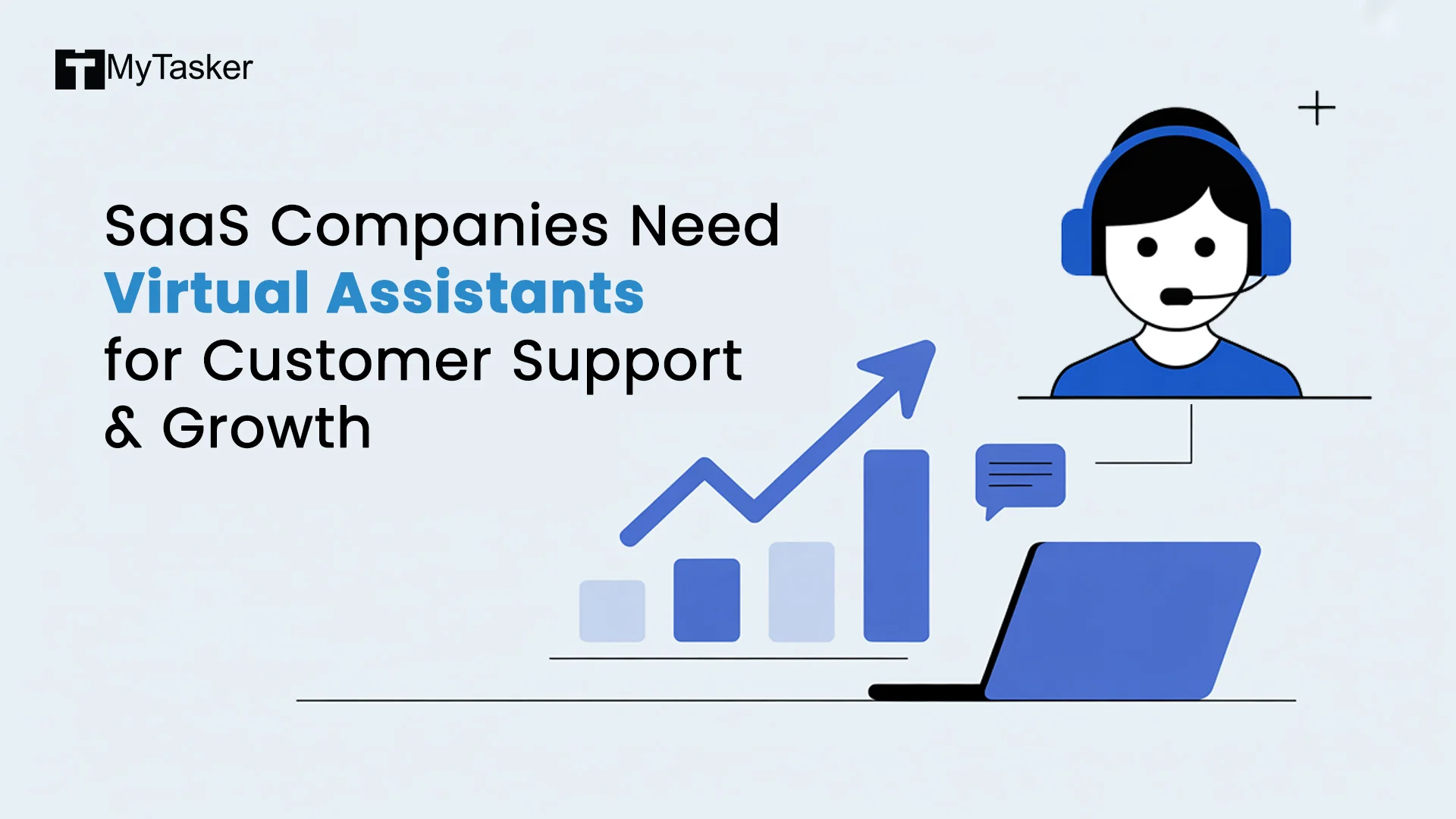If you're not spying on your competitors' keywords, you're leaving money on the table. Instead of reinventing the wheel, leverage what’s already working for others in your industry.
This guide will show you the best ways to uncover your competitors' top-performing keywords—both for organic search (SEO) and paid search (PPC)—so you can steal their traffic and boost your rankings.
Use SEMrush to Uncover Competitor Keywords
SEMrush is a powerhouse for competitive keyword research. Here’s how to dig up the gold:
Find Your Competitors
-
Open SEMrush > Organic Research
-
Enter your website and check the Competitors tab
-
Instantly see a list of domains ranking for similar keywords
Extract Their Best Keywords
-
In Organic Research, enter a competitor’s domain
-
Go to Top Organic Keywords
-
Sort by Traffic % to see their highest-traffic keywords
-
Use the Keyword Gap Tool to find untapped opportunities
Spy on Their PPC Keywords
-
Head to Advertising Research
-
Enter a competitor’s domain
-
Check Paid Keywords and Ad Copies to see what they’re bidding on
-
Filter by Top Ads Position to find their most profitable keywords
Pro Tip: Export everything to Google Sheets and prioritize based on search volume, competition, and CPC.
Steal PPC Keywords with Google Ads Insights & Spy Tools
If your competitors are running Google Ads, their keyword strategy is a goldmine.
Use Google Ads Auction Insights
-
If you're running Google Ads, check Auction Insights under your campaign settings
-
See who’s bidding on the same keywords as you
-
Identify high-value keywords worth targeting
Use PPC Spy Tools (SpyFu, iSpionage, AdPlexity)
These tools reveal:
-
Competitor PPC keywords
-
Ad spend trends
-
Actual ad creatives
-
Top-performing landing pages
Pro Tip: If a competitor’s ad has been running for months, it’s making money—study their landing page and copy.
Hack Google Search & SERP Analysis
Google itself is a free keyword research tool if you know where to look.
Google Search Operators
-
Use
"site:competitor.com"+ keyword to see indexed pages -
Try
"intitle:best product X"to find highly optimized competitor pages
Analyze SERP Features
When you search for your main keyword, take notes on:
-
People Also Ask questions
-
Related Searches at the bottom
-
Featured Snippets (your chance to steal position zero)
-
Top-ranking pages—Analyze and improve upon them
Reverse Engineer Competitor Content
Want to know why competitors outrank you? Their content is probably optimized better.
Use Ahrefs or SEMrush for Content Analysis
-
Enter a competitor's domain in SEMrush’s Organic Research or Ahrefs Site Explorer
-
Check the Top Pages Report—these are the URLs driving the most traffic
-
Export their keyword list and categorize by topic
Scrape On-Page SEO Data with Screaming Frog
-
Crawl competitor websites to extract meta titles, descriptions, and headings
-
Identify key terms they’re optimizing for
Pro Tip: If a competitor ranks well for a topic, they’ve nailed search intent. Use SurferSEO to analyze and out-optimize them.
Find Competitor Keywords on YouTube & Social Media
SEO isn’t just about Google. YouTube and social search are exploding.
YouTube Keyword Research
-
Use TubeBuddy or VidIQ to analyze video titles, tags, and descriptions
-
Search your main topic on YouTube and note “Search Predictions”
Social Media Trends
-
Use TikTok Trends and Twitter Trends to uncover viral keywords
-
Check Pinterest Trends for high-intent, long-tail keywords
Track Competitor Keyword Performance Over Time
Finding competitor keywords is one thing—tracking them is another.
-
Use SEMrush Position Tracking to monitor competitor rankings
-
Set up Google Alerts for competitor brand mentions
-
Use Brand24 or Mention to track keyword-based social conversations
Pro Tip: If a competitor starts losing rankings for a keyword, swoop in and optimize for it!
Best Practices for Using Competitor Keywords
Finding high-ranking keywords is just the first step—now, you need to use them strategically.
Use Keywords in Your SEO Strategy
Avoid keyword dumping! Instead, place them strategically:
-
Meta titles & descriptions
-
Blog/article headlines & body content
-
Anchor text
-
Image alt-tags
-
URLs
Google loves structured, natural keyword placement. Avoid stuffing them in just for the sake of it.
Drop the Dead Weight (Eliminate Non-Ranking Keywords)
Not every competitor keyword will work for you. Monitor performance and cut the ones that don’t bring traffic or conversions. Use SEMrush and Google Search Console to track keyword performance and refine your strategy accordingly.
Smart Keyword Grouping
Blindly copying competitors can backfire. They may have:
-
Poor content structure
-
Keyword stuffing issues
-
Weak site architecture
Instead, group keywords effectively to:
-
Improve on-page SEO efficiency
-
Build logical content clusters
-
Boost search intent relevance
Think of it as a strategy game: You’re not just copying your competitor—you’re playing smarter.
Final Thoughts
Competitor keyword research isn’t about copying—it’s about learning what works and improving on it. Here’s your battle plan:
Key Takeaways:
-
Use SEMrush’s Competitive Research Toolkit to find organic & PPC keywords
-
Swipe PPC insights with Google Ads Auction Insights & SpyFu
-
Hack the SERPs with Google Search Operators
-
Reverse-engineer competitor content with Ahrefs & Screaming Frog
-
Don’t ignore YouTube, TikTok, and Pinterest keywords
-
Track keyword trends over time and strike when the iron’s hot
Now, go out there and dominate your niche!



.jpg)











